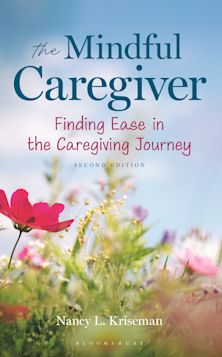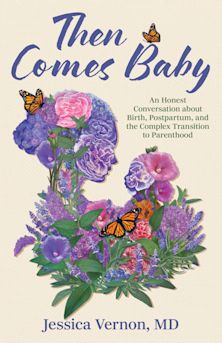- Home
- NON-FICTION
- Health & Lifestyle
- Parenthood & Family
- Eldercare 101
Eldercare 101
A Practical Guide to Later Life Planning, Care, and Wellbeing, 2nd edition
Eldercare 101
A Practical Guide to Later Life Planning, Care, and Wellbeing, 2nd edition
You must sign in to add this item to your wishlist. Please sign in or create an account
Description
An easy-to-understand guide for caregivers in a post-pandemic world who are adapting to the rapidly changing lifestyles and care needs of elders.
The care and wellbeing of our seniors is paramount as we move out of the worst phase of Covid 19 and back to a more stable landscape, that is still subject to the vagaries of aging, illness, and capabilities. This Updated edition of Eldercare 101 has been expanded to include pandemic lessons, climate change impact on senior housing and relocation, new medical and technological advancements, new housing trends, multigenerational living, Zoom memorials, brain health, legal needs when you have no children or family, isolation and more. Using her Six Pillars of Aging Wellbeing™ framework, Mary Jo Saavedra and a variety of expert contributors explore the needs, desires, realistic circumstances, opportunities for healthy and safe aging, and end of life care … something we all need to think about at some time or another.
Product details
| Published | Jul 19 2023 |
|---|---|
| Format | Ebook (PDF) |
| Edition | 2nd |
| Extent | 326 |
| ISBN | 9798216308836 |
| Imprint | Rowman & Littlefield |
| Illustrations | 4 b/w photos |
| Publisher | Bloomsbury Publishing |
About the contributors
Reviews
-
Much has changed since 2016, when gerontologist/aging life care manager Saavedra published the first edition of this helpful guide directed at family and professional caregivers for older people: the pandemic provoked a reassessment of nursing homes; some people moved out of cities and became more aware of the importance of connections to others; and many people dealt with their own and others' isolation and depression. In this updated edition, Saavedra uses what she calls the “six pillars of aging wellbeing” to explore and discuss the legal, living-environment, spiritual, social, medical, and financial issues that today's elder population may encounter. For example, lawyers can help determine options when an older person does not have children or any family in the area. Social workers may look into living-environment options, a pastor may discuss one's spirituality and the end of life, and other experts will consider social aspects, connectedness, wellness and care, fears, managing dementia, and money matters. By 2030, some 78 million baby boomers are expected to reach the age of 65. They, as well as their current and potential caregivers, will welcome this practical advice.
Library Journal
-
This updated version of Eldercare 101 is a fantastic soup-to-nuts guide to later life, with practical advice on personal finances, housing, estate planning, physical and mental health, Medicare, social connections and spirituality. The handy resources alone are worth the price of the book.
Richard Eisenberg, personal finance writer, editor, podcaster, and The View From Unretirement columnist at MarketWatch
-
Eldercare 101 Updated is a must have resource of proven best practices for life planning and caregiving. The six pillars -- which includes place! -- provides a practical framework to make sense of the maze that is planning for later stages of life. This is an indispensable resource for elders and caregivers alike.
Ryan Frederick, CEO of Here and Author of Right Place, Right Time: The Ultimate Guide to Choosing a Home for the Second Half of Life
-
Whether you're the giver or receiver of care, this gem of a book will be your trusted companion to the very end. Empathetic, eye-opening, and resource rich.
Kate Kaufmann, author of Do You Have Kids? Life When the Answer is No

ONLINE RESOURCES
Bloomsbury Collections
This book is available on Bloomsbury Collections where your library has access.



































